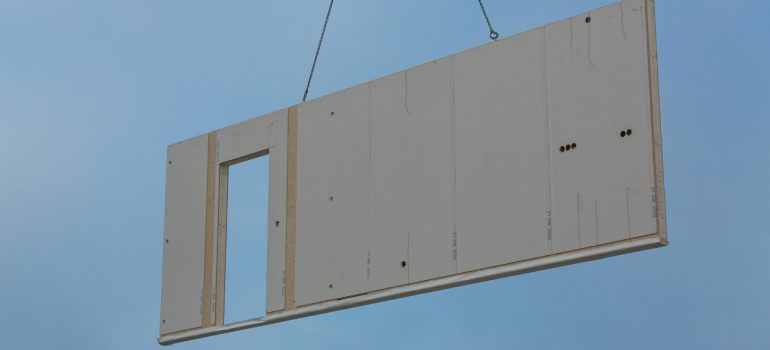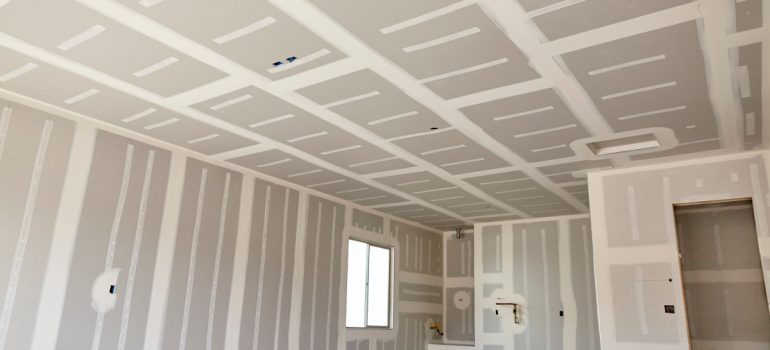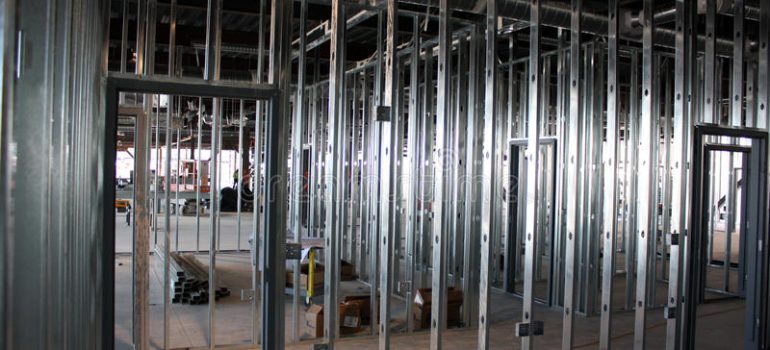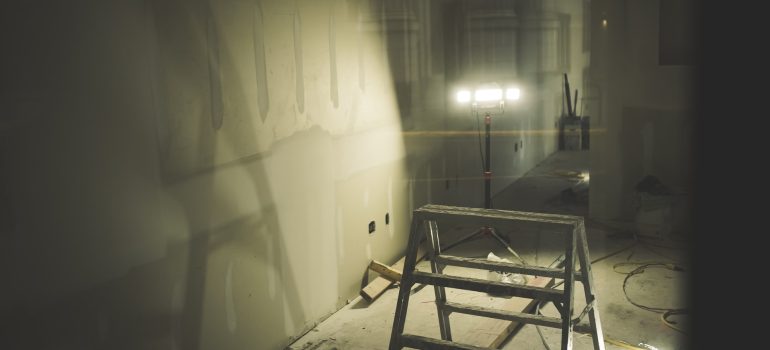The Advantages of Prefabricated Wall Panels
Prefabricated wall panels offer a range of advantages. These panels are ready to use, and they also have a number of properties that make them ideal for a variety of different situations. They can be used in a wide range of locations, including construction sites, factories, and even homes. The key benefits of prefabricated wall panels include: Saving Time: Prefabricated wall panels can cut down on the time it takes to install a wall almost by half, which makes for quicker construction and lower costs. Avoiding Disasters: Because prefabricated walls are ready to use and do not involve any complex assembly, they reduce the risk of mistakes or mishaps during installation. Avoiding Injuries: Since they are so easy to set up and take down again, prefabricated wall panels avoid many of the risks involved in traditional construction methods.
Easy Installation
A key advantage of prefabricated wall panels is that they are very easy to install. This is because they come ready to use and have been designed to fit together in a very specific way. The exact size and shape of each panel has been carefully calculated to make sure it fits perfectly with all the others around it. This means that installation takes very little time, and workers need to use very little effort. It also means that installation is very accurate, so there is less risk of mistakes. Traditionally built walls often require some kind of fitting, but prefabricated walls are ready to use and come with everything needed for installation.
Wide Variety of Sizes and Shapes
Prefabricated wall panels come in a wide variety of sizes and shapes. This makes them ideal for many different situations, including homes and construction sites. They are available in standard sizes, and workers can also order custom-sized panels to meet the exact needs of their project. Depending on the type of panels being used, they are available in a variety of different shapes. For example, a large number of prefabricated wall panels are made with a curved shape to add a visual element to interior design. Conversely, curved panels can also be used in places like factories where they can help protect equipment.
High Quality and Strength
Our prefab wall panels are high quality and very strong. They are designed to be long lasting and can be used in a wide range of environments. Because these panels are made in a factory, workers can be certain of their quality and strength. The materials used are also carefully selected to be durable and resistant to tearing. Prefabricated wall panels are often made from manmade materials, such as concrete, reinforced steel, and polycarbonate. These materials are very durable and can be used again and again without losing their strength. Similarly, the design used for installation makes them very strong and durable. These panels are very heavy, and their design makes them resistant to tearing and falling.
Durability and Resistance to Tearing
Prefabricated wall panels are very durable and resistant to tearing. This is because they are made with strong materials that are designed to last in many different environments. Because they come ready to use and have been designed to fit together in a certain way, they also have very little risk of tearing. Individual panels may be damaged in an accident or while being installed, but the design makes it almost impossible to tear the entire wall. This durability and resistance to tearing makes prefabricated walls ideal for many different situations, including construction sites and factories.
Environmental Friendliness
Prefabricated wall panels are environmentally friendly. This is because they can be reused, and many of them are made from recycled materials. They also avoid many of the pollution issues that come with traditional construction methods. Because prefabricated wall panels are ready to use and do not involve any complex assembly, they are very environmentally friendly. Individual wall panels may be damaged during installation, but they can be reused. This makes them very environmentally friendly because they can be used again and again in different places with no loss in quality. In addition, many prefabricated wall panels are made from recycled materials. This makes them kind to the environment and helps reduce waste.
Conclusion
Prefabricated wall panels offer a range of advantages. They are ready to use and easy to install, and they also have a high quality and strength. They can be used in a wide range of locations, including construction sites, factories, and even homes. They are also environmentally friendly, as they can be reused and made from recycled materials. These advantages make prefabricated wall panels an ideal choice for any project.
Contact RGZ Cambridge today for all your prefabricated Wall Panel needs: We are industry leaders in Commercial and Residential projects. Call us today: 613-695-5544 or reach us via this page.






